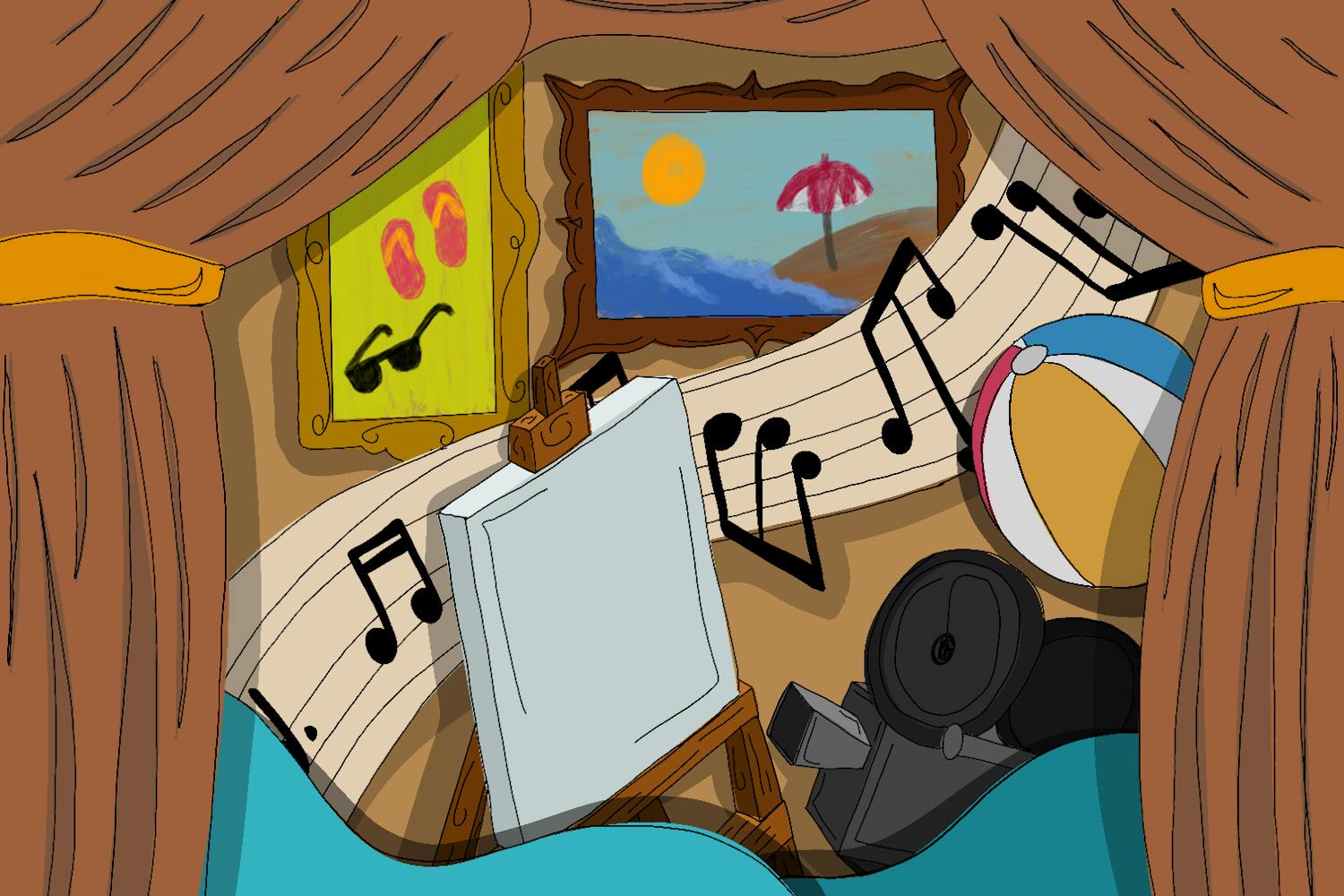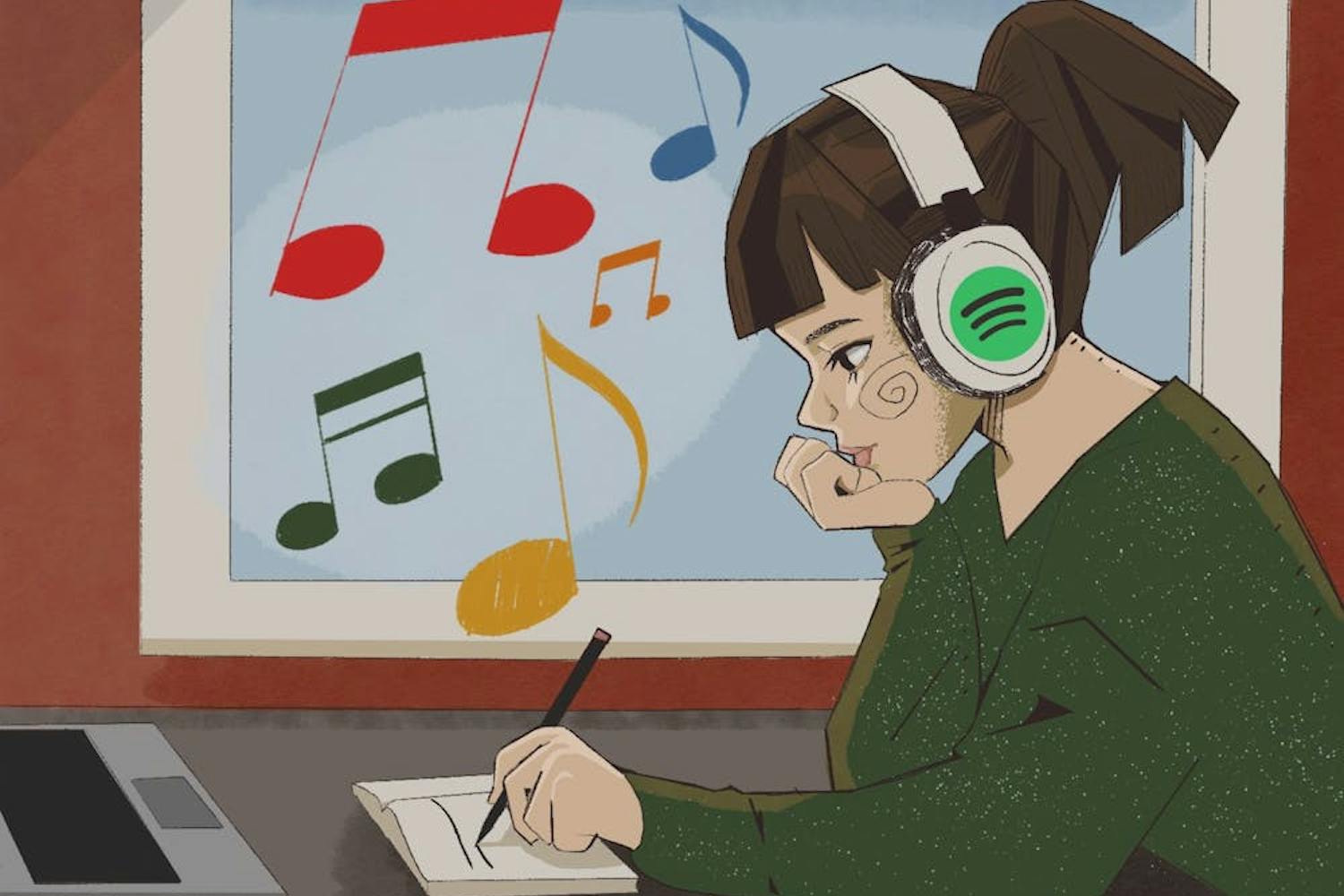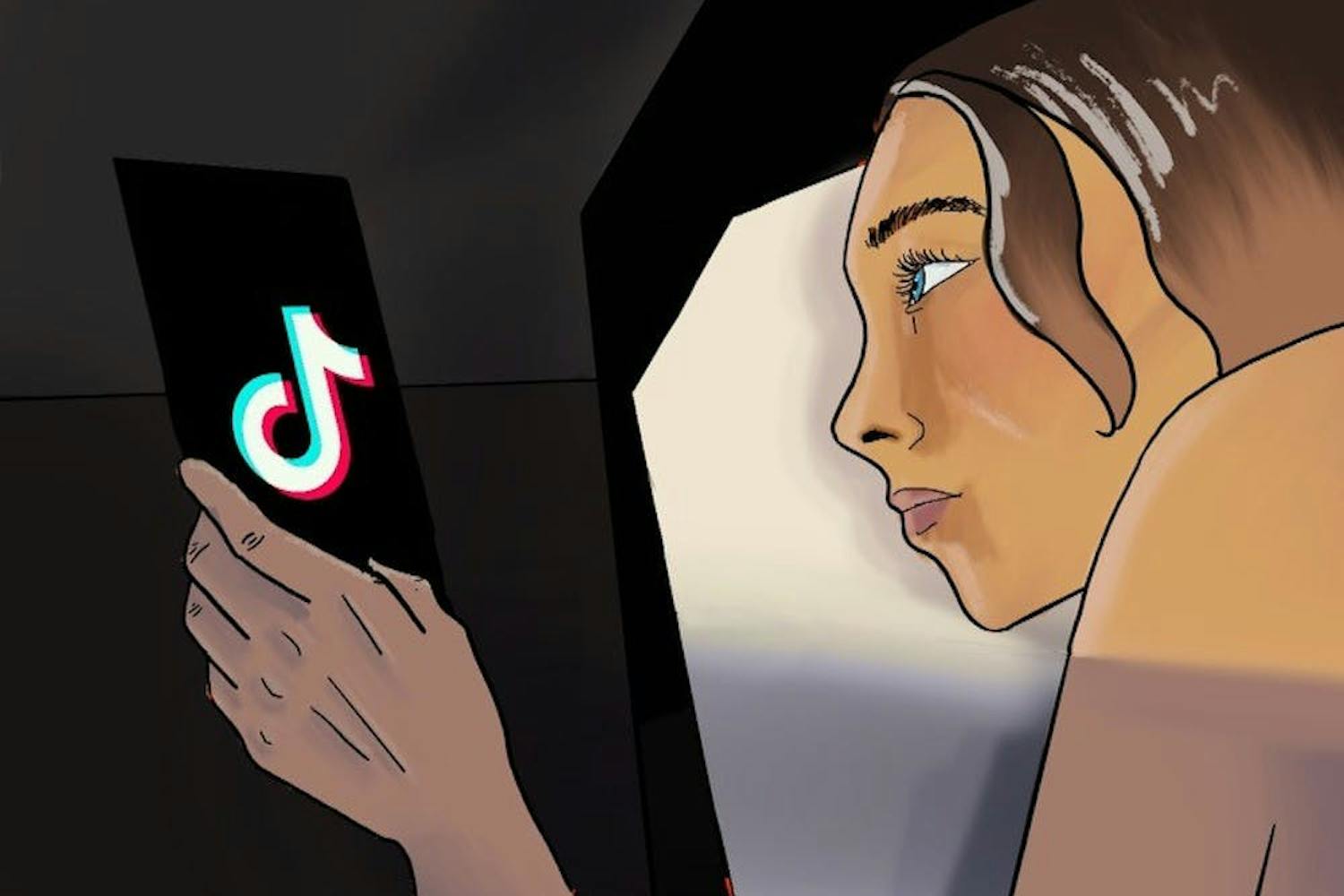The State Press recently talked with J. J. Abrams, director of “Mission Impossible: III,” “Star Trek,” and the new film, “Super 8,” which opened on June 10.
The State Press: What was it like working with Producer Steven Spielberg? What did you learn?
J.J. Abrams: It was such a privilege working with him. He was a hero of mine when I was a kid, and to get to collaborate with him was surreal sometimes, and other times just wonderful.
SP: Was it easy keeping the film’s secrets under wraps?
JA: I just try not to talk about this stuff that I don't think should be discussed. It's not that hard working with the cast and the crew, letting them know that keeping things quiet is important for the enjoyment of the audience. And when there are questions I feel I can't talk about about the topic because I don't want to ruin it for the audience, I'll say you've got to see the movie to see what happens there. But I try to not be coy, because I don't want to be a jerk.
SP: Do any of the kids in "Super 8" remind you of any of the kids you might have known growing up, or maybe yourself growing up?
JA: Sadly, yes. Without question they are very familiar kids to me. I don't feel like it was necessarily one or the other. It’s like a combination of a number of them. I was the kid making the movies. I was also the kid who saw the world the way the main character sees the world. I was also the kid who would take apart my own firecrackers and roll my own M-80s and fill models I made and then blow them up. But there are kinds of monogamous people I knew in the movie. And they all do feel like people I knew, although not necessarily that specific.
SP: What’s the difference in your creative process between doing an original film like "Super 8" and a franchise film like "Mission Impossible" or "Stark Trek?"
JA: The truth is that there's very little difference in terms of how I approach any project, because I try and approach it from a place of being interested in the character, the premise, the world. I've been very lucky to get to work on projects I actually do care about, as opposed to just taking new jobs. So even [with] "Mission Impossible III" you think, well, what's the way in? The way in for me was how you reconcile being a spy and being a man and keeping that information about your day job from the person you love most in the world. "Star Trek" was very much about a family. I had never really been a Trek fan growing up, so I didn't have that kind of baggage when I approached it. So, for me, it was completely about telling a story about a family, people coming together, getting to know each other and being stronger together than they were apart. It just happened to take place in the future and in space. And "Super 8" was obviously very much an autobiographical piece sort of in the beginning, even though it goes to crazy places that I never got to go as a kid. But the process was very much the same. How do you go through something traumatic and come out the other side? And that was sort of my way into this movie. And so everything's really always about trying to serve the characters in the story as best as I possibly can.
Reach the reporter at nspake@asu.edu





